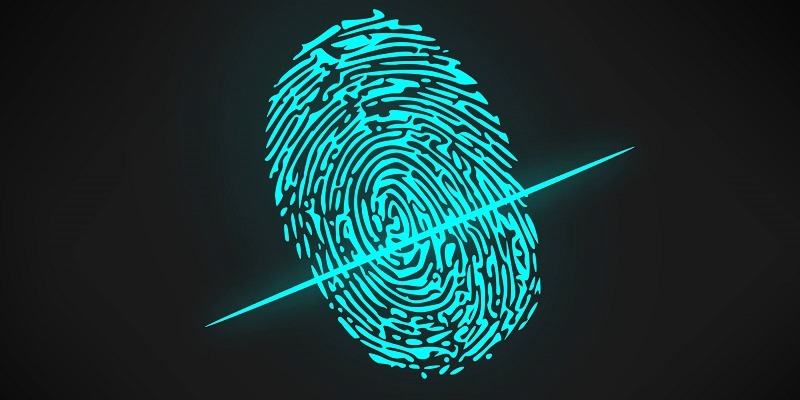Digital technology is now a major part of our everyday life. Shopping on the web, transferring payments online, sending an accident report from a smartphone, the list goes on. Doing things electronically has become the status quo. And yet new innovations are still unveiled every day, virtual solutions which we now use without even thinking about it. And without thinking about it, we are saving time and money.
People know their way around the web. But what would happen if every single thing they did had to be done digitally? How would it benefit businesses if we prioritized digital methods over physical ones? There’s an environmental advantage of course. But the real added value is measured in terms of cost and efficiency.
Changing mentality and habits
Less than 10% of people today are completely opposed to digitalization (Ipsos survey carried out on behalf of BearingPoint in 2016). 85% think that it’s about making an environmentally-friendly gesture like recycling, while 84% appreciate the space saved by sending invoices electronically. And with secure, certified, and rapid solutions available in a host of sectors, this trend is all but confirmed.
Reinventing the idea of collaborative working
Digitalization is gaining ground in businesses. While a policy promoting digitalization can help save substantial amounts of paper, it also helps foster a culture of collaborative working. Using digital tools is a sure way to increase efficiency and productivity. The information that a business needs can be accessed quickly and easily. Collaborative solutions allow everyone involved in the same project to work together, wherever they are in the world. With digitalization, a business knows no borders.
Electronic pay slips: a win-win situation for businesses and employees
These days, issuing pay slips electronically is not just a way for businesses to do their bit for the environment. It’s also a way to make savings, with lower mailing fees and printing costs incurred. And while some people are still apprehensive toward this solution, it offers a range of real benefits. An electronic pay slip can’t be forged if it is signed electronically. And it is easy to store because it takes up less space. On top of that, it’s protected from the risk of loss or destruction (in case of fire, moving home, incorrect address, etc.).
Building confidence in digitalization
Having to manage everything online might seem daunting. But the solutions on the market today provide a high level of security and confidentiality. Digital trust solutions (such as electronic certification, time stamping, and electronic signatures) simplify your administrative and commercial procedures, by limiting the use of physical media and thereby reducing the time and costs involved in processing your files (postage, delivery period, internal distribution, and so on). These aids help you to streamline your business processes.

For companies, this means being able to sign a contract with a client in just a few clicks. Not only does this improve responsiveness, but companies can track procedures with their clients more easily. This helps to build a relationship of trust from the very first moment of contact, while conveying the image of an innovative company ready to do business in the 21st century.
Confidentiality, traceability, and integrity
Digital trust solutions ensure confidentiality, traceability, and integrity in electronic communications. They have been designed to incorporate both legal and technical aspects, adding immense value to your documents. An electronic signature is just as legally valid as a written signature, for example. What’s more, they ensure sensitive operations are secure, while verifying the identity of partners thanks to electronic certification – a true digital identity card.
To make sure your digitalization process runs smoothly and successfully, it is crucial to call on a trusted third party recognized by the state. That is the only way to ensure your company is in strict compliance with European legislation.
